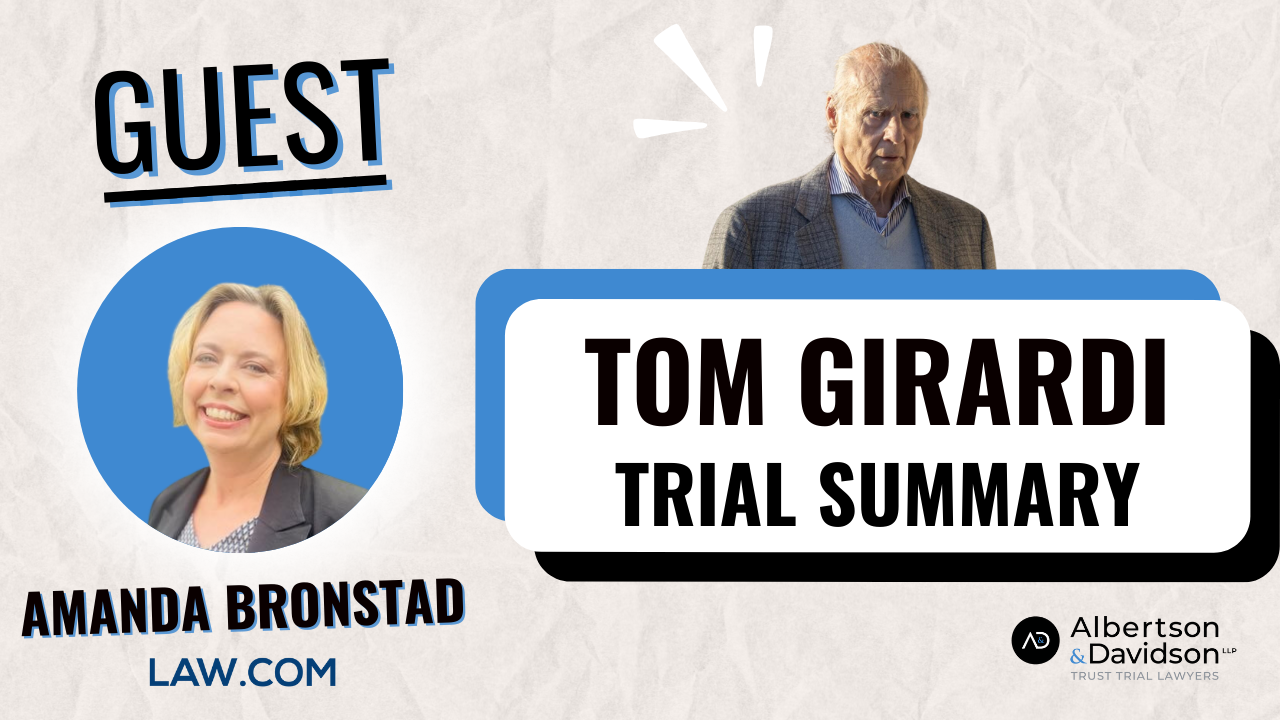
In a recent episode of Ask 2 Lawyers, we tackle the latest development in Reggie Bush’s ongoing lawsuit against the NCAA and USC. Bush, the former USC football star and NFL player, is suing for the exploitation of his name and image without compensation. For years, the NCAA and USC profited immensely from Bush’s stardom […]









